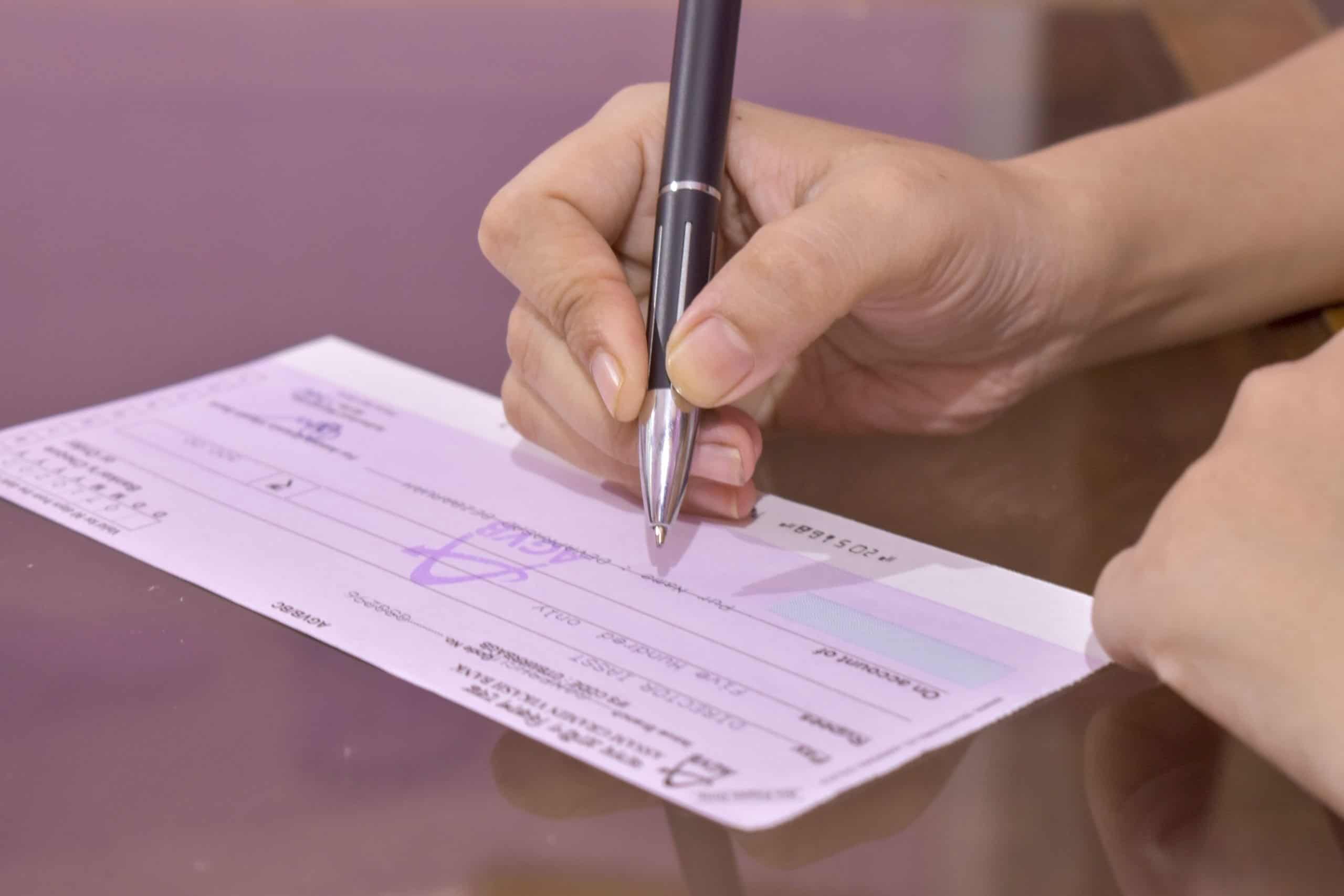Last year, the UAE issued 21 million cheques with a total value of AED1.7 trillion ($463 billion) and an average value of AED51,000 ($13,900).
Of these, cheques issued by individuals and enterprises with a total value of AED41.6 billion ($11.3 billion) were not fulfilled, according to the Image Cheque Clearing System (ICCS) of the Central Bank of the UAE.
The number of cheques used annually and their total value prove that this payment method is vital in GCC countries in general and the UAE in particular. However, it has faced several challenges.
Despite the decriminalization of cheque bounces at the beginning of this year, UAE businesses and people must still consider the risks connected with using cheques in their day-to-day operations.
AECB lends a hand
The Al Etihad Credit Bureau (AECB), a public joint stock company wholly owned by the UAE government, has launched the app ChequeScore with exactly such an aim in mind.
The app is expected to help reduce the number of bounced cheques in the UAE.
It reportedly allows businesses and individuals to instantly know how likely a cheque issued through a UAE-based bank is to bounce.

ChequeScore takes into consideration the issuer’s credit score, another service provided by AECB, which allows users to oversee the cheque issuance and clearance history, and other factors that support the predictive nature of this score, according to AECB’s CEO Marwan Lutfi.
What ChequeScore does
Lutfi explained to TRENDS that earlier, “we would work towards criminalizing a cheque through local authorities, but now that that has been abolished, the cheque recipient needs to recognize what is the risk of that cheque to bounce.”
With ChequeScore, users can get a sense of the likelihood of a cheque bouncing in a matter of seconds, he said.
What ChequeScore provides is an indicator that shows the chance ranging from 1 percent to 99 percent of a cheque bouncing, including easy comprehension signs, like color coding:
- Red color for higher risks
- Orange color for medium risks
- Green for low risks.
To utilize ChequeScore, users must first download the mobile app and create an account before they can scan a cheque, upload its image, or manually enter a cheque number.
Lutfi believes that ChequeScore is unique since it will help reduce the number of bounced cheques in the UAE, even though its share is significantly low (3-4 percent only).
Introducing ChequeScore. A first-of-its-kind app that helps you assess the probability of a cheque to bounce. Simply download the app to verify a cheque. Remember, always double check a cheque with ChequeScore. #DoubleChequed pic.twitter.com/OAhKaelr2U
— AECB (@AECB_Official) March 8, 2022
UAE’s new law
As part of UAE’s efforts to accelerate economic recovery, mainly in the private sector, it amended in January 2022 the Commercial Transaction Law to decriminalize bounced-cheque cases.
Commercial and banking transactions were simplified, procedures for collecting the value of cheques were modified, and the flexibility of using cheques increased as a result of these improvements.
Along with defending the rights of cheque holders and beneficiaries, these measures were also intended at speeding up collections and encouraging the public to use new technology and digital means rather than conventional paper cheques.
In circumstances of fraud, forgery, and bad faith, however, the criminality of bounced cheques owing to a lack of cash remained.
In addition, it would be necessary to pay cheques in installments.
Aside from that, unless the payee rejects the cheque, the bank must pay the partial amount to the drawee if the account balance is less than the amount shown on the cheque.

